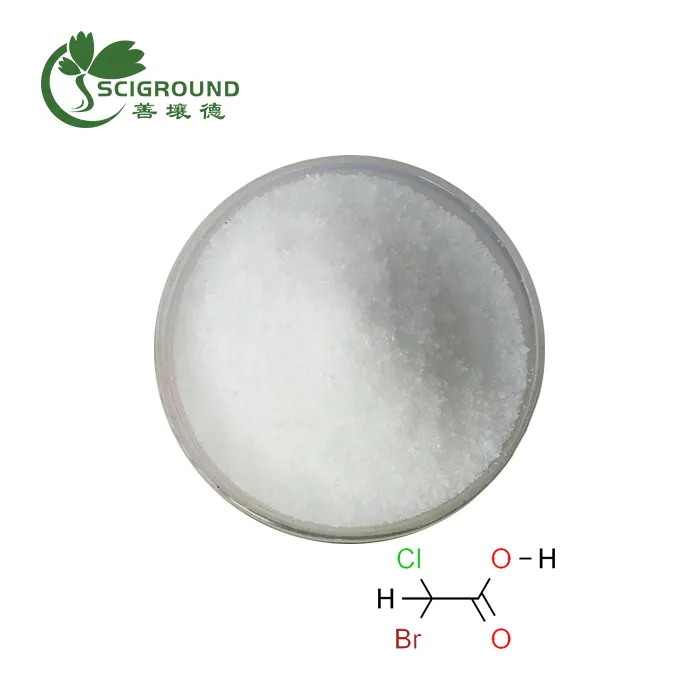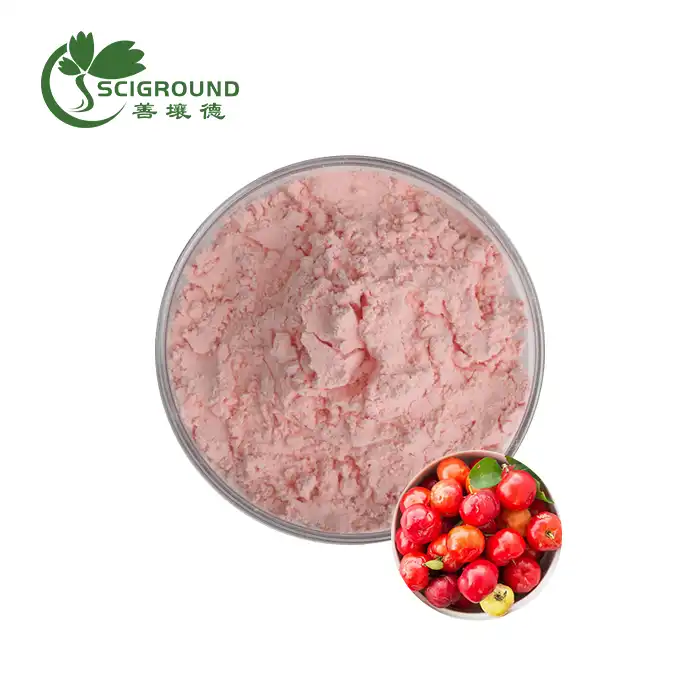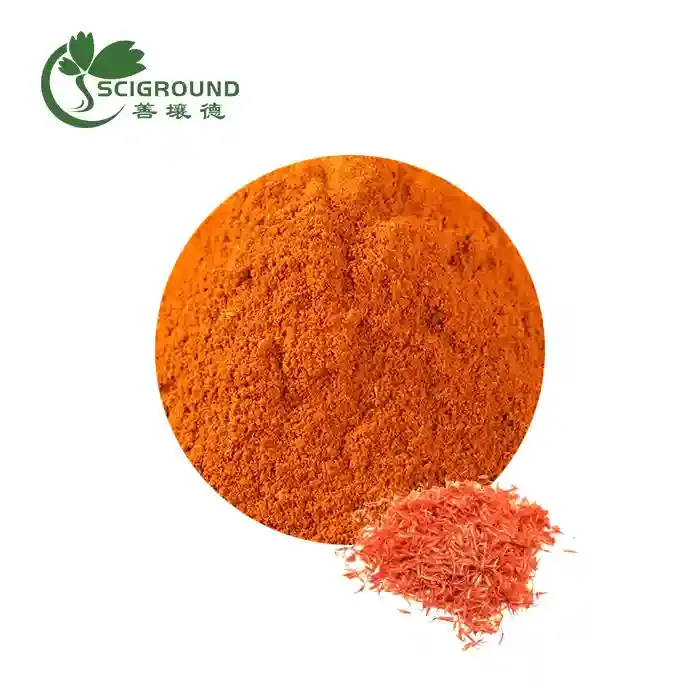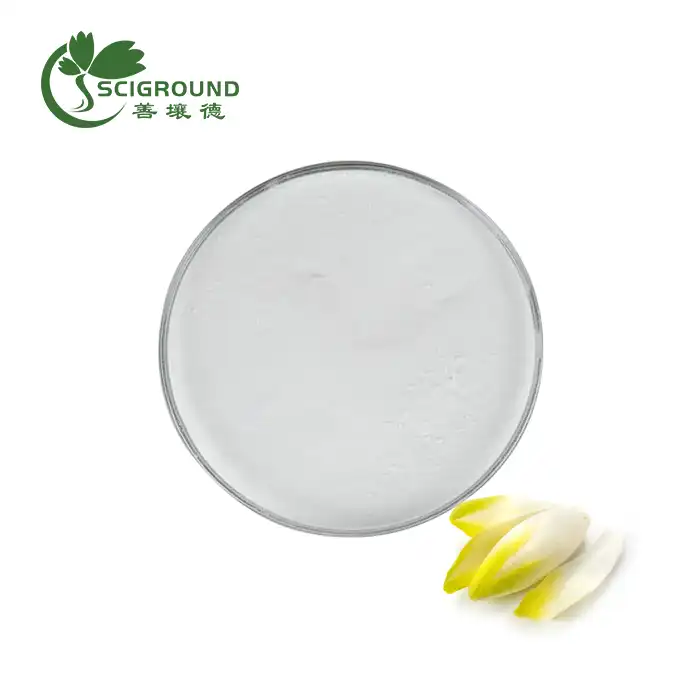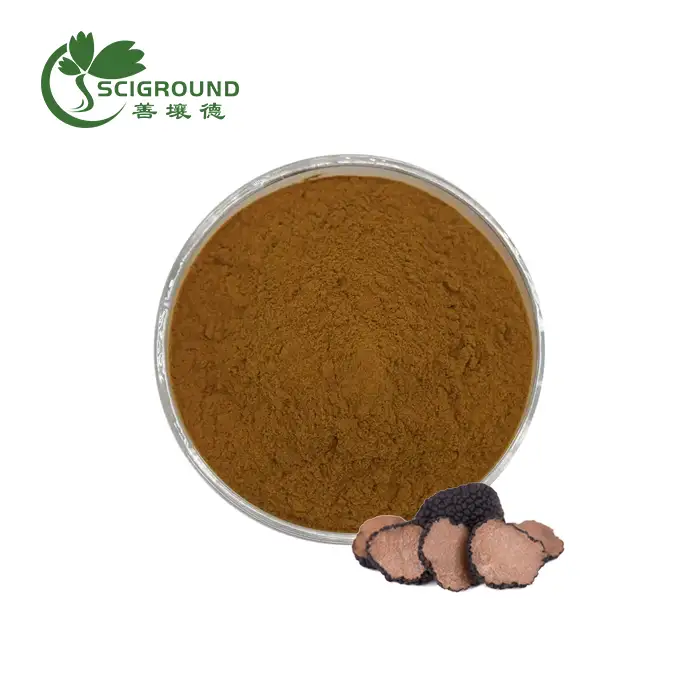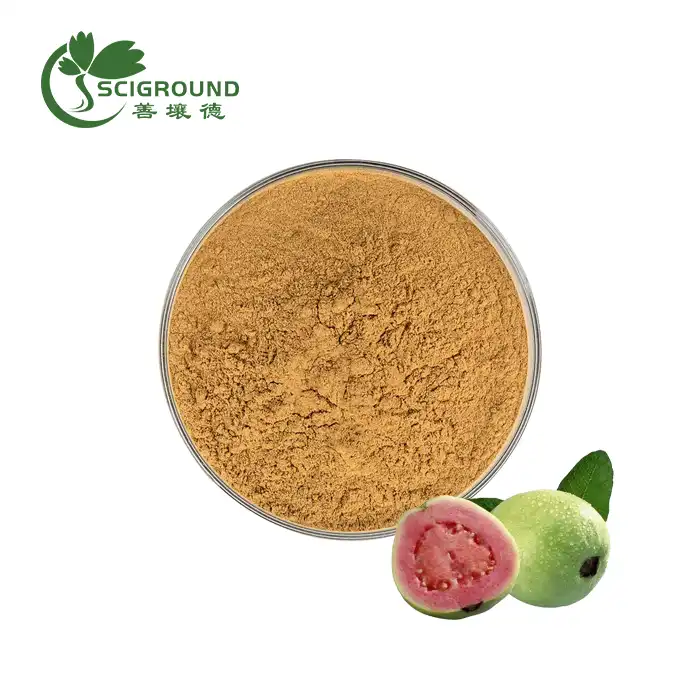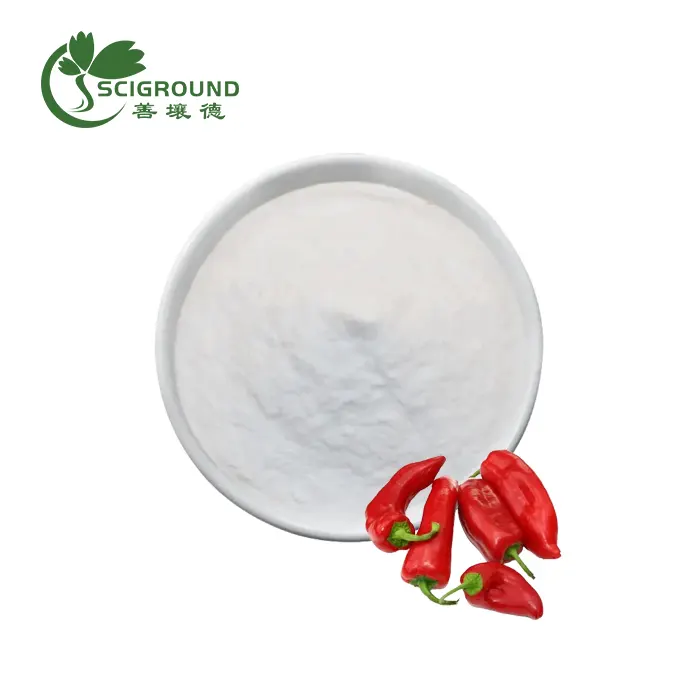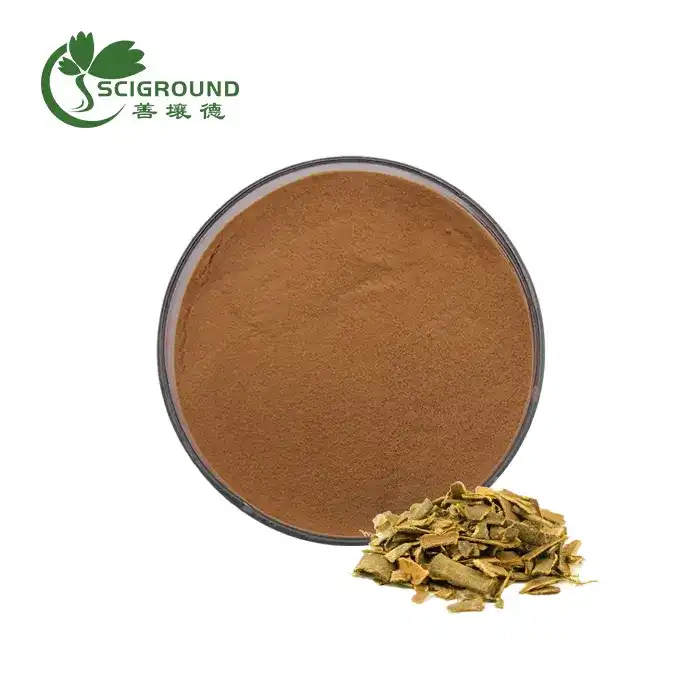Can Dogs Eat Persimmons
What happens if my dog eats persimmon?
If your dog eats persimmon, there are several factors to consider, as persimmons can have both positive and negative effects on dogs. While small amounts of ripe persimmon flesh can be safe for dogs to consume, there are potential risks associated with the seeds, unripe fruit, and certain varieties. Here's what you should know:
Digestive Upset: In small amounts, ripe persimmon flesh is generally safe for dogs and may provide some vitamins and fiber. However, consuming too much persimmon can lead to digestive upset, including diarrhea or vomiting. Monitor your dog for any signs of gastrointestinal distress.
Risk of Obstruction: The seeds of persimmons can be a choking hazard and may cause intestinal blockages if ingested. Make sure your dog doesn't consume the seeds.
Tannins: Unripe persimmons and certain varieties contain tannins, which can be harmful to dogs. Ingesting unripe fruit with high tannin content can cause stomach and intestinal irritation, leading to symptoms like diarrhea, abdominal pain, and drooling.
Choking Hazard: The skin of some types of persimmons can be tough and difficult for dogs to chew, potentially posing a choking risk.
Allergic Reactions: In rare cases, some dogs may be allergic to persimmons, leading to allergic reactions such as itching, hives, or swelling. If you notice any signs of an allergic reaction, contact your veterinarian.
To prevent any potential issues, it's advisable to offer small, ripe persimmon pieces to your dog as an occasional treat. Make sure to remove any seeds and avoid feeding them the skin. Additionally, always monitor your dog's response after eating persimmon and consult your veterinarian if you have any concerns about your dog's health.
If you suspect your dog has ingested a large amount of persimmon, especially unripe fruit or seeds, and is displaying symptoms of distress, such as vomiting, diarrhea, or choking, seek immediate veterinary assistance. Your vet can assess the situation and provide appropriate guidance to ensure your dog's well-being.
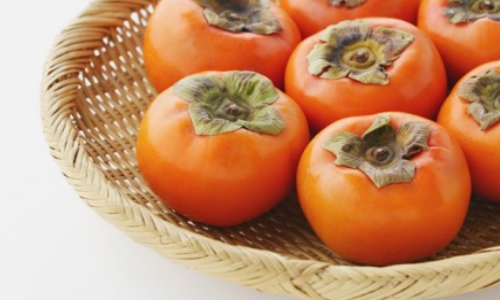
Can dogs eat hard persimmons?
Dogs can eat ripe, soft persimmons in moderation, but hard persimmons are not recommended for several reasons:
Choking Hazard: Hard persimmons can be difficult for dogs to chew and swallow, posing a choking hazard. The tough texture of unripe persimmons may be challenging for dogs to break down into smaller, more manageable pieces.
Gastrointestinal Upset: Hard persimmons, especially unripe ones, contain high levels of tannins, which can irritate a dog's stomach and intestines. Ingesting unripe persimmons can lead to symptoms like stomachache, vomiting, diarrhea, and drooling.
Potential Obstruction: The seeds and tougher skin of hard persimmons can be problematic. Ingesting seeds may lead to intestinal blockages or discomfort, while the tough skin may not be easily digestible.
To prevent these issues, it's best to offer ripe, soft persimmons to your dog as an occasional treat. Soft, ripe persimmons are generally safer for dogs, as they are easier to chew and digest. However, even with ripe persimmons, always remove the seeds and the skin before feeding them to your dog.
Keep in mind that individual dogs can have different sensitivities and reactions to foods, so it's essential to monitor your dog after feeding them persimmon and consult with your veterinarian if you have any concerns or if you notice any adverse reactions. If you're uncertain about whether a particular food is safe for your dog, it's always best to consult with your vet to ensure your pet's well-being.
Are persimmons safe?
Persimmons are generally safe for human consumption when they are ripe. Ripe persimmons are a delicious and nutritious fruit that can be enjoyed as part of a balanced diet. However, there are some considerations to keep in mind to ensure your safety when consuming persimmons:
Ripeness Matters: Unripe persimmons can be quite astringent and contain high levels of tannins, which can cause a dry, puckering sensation in your mouth. These tannins are not harmful but can be unpleasant. Always ensure that the persimmons you eat are fully ripe and have a soft texture.
Allergies: Some individuals may have allergies to persimmons, which can cause symptoms such as itching, hives, or swelling. If you are trying persimmons for the first time, start with a small amount to see how your body reacts.
Moderation: Like any food, it's essential to consume persimmons in moderation. Excessive consumption of any fruit, including persimmons, can lead to digestive discomfort or issues like diarrhea.
Seeds and Skin: It's a good practice to remove the seeds and skin when eating persimmons. While the seeds are not generally harmful, they may not be pleasant to eat, and the skin can sometimes be tough and less enjoyable.
Individual Tolerances: Some people may experience mild digestive discomfort when consuming large quantities of persimmons, so it's advisable to listen to your body and adjust your intake accordingly.
Medication Interactions: If you are taking specific medications, particularly blood thinners like warfarin, you should be aware that persimmons contain vitamin K, which can affect the effectiveness of these medications. Consult your healthcare provider for guidance if you have concerns.
In summary, ripe persimmons are a safe and delicious addition to a healthy diet, offering numerous health benefits. However, it's essential to ensure they are fully ripe, consume them in moderation, and be mindful of any potential allergies or medication interactions. If you have any doubts or concerns about including persimmons in your diet, consult with a healthcare professional for personalized guidance.
If you have any further questions or would like to learn more about our products, please feel free to contact us at info@scigroundbio.com.
References:
Related Industry Knowledge
- What is Mogroside Monk Fruit?
- What is the agar powder?
- What is Maca Root Extract
- How Much Vitamin B5 for Acne
- What are the side effects of Coriolus versicolor?
- What is Curcumin C3 Complex
- Capsaicin vs Capsicum
- A Comprehensive Guide to Astragalus Extract Powder
- OPC Grape Extract Powder: Unlocking the Health Potential of Grapes
- Unlocking the Health Benefits of Puerarin Powder
